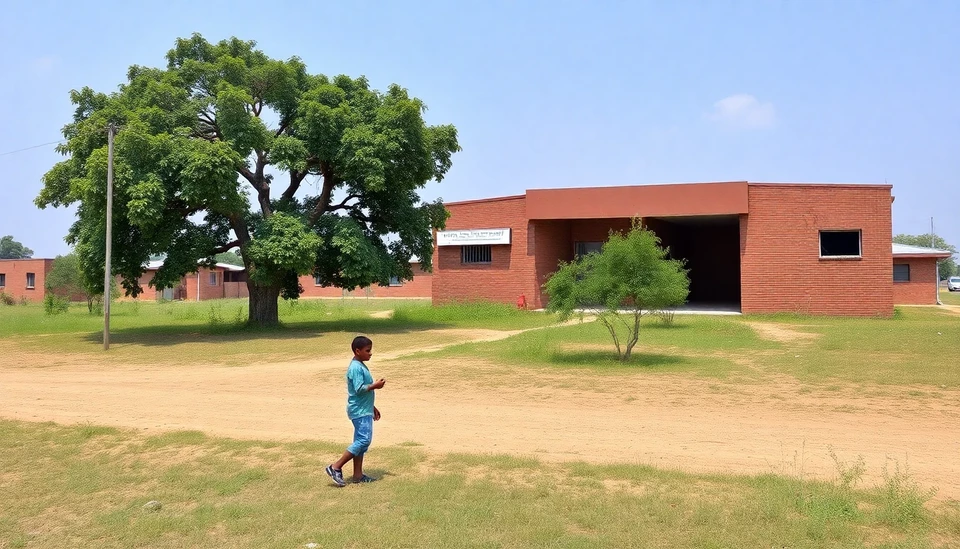
Amid a concerning lack of support for HIV initiatives, experts are sounding alarms about the potential rise in airborne diseases, linking the deterioration of funding and resources directly to the health risks communities may face. The situation has escalated to a point where experts warn that the focus on HIV has diminished significantly, leaving gaps that could lead to an uptick in other infectious diseases.
According to recent statements by prominent health officials and epidemiologists, the disarray within HIV funding is jeopardizing ongoing prevention and treatment efforts. This chaos is particularly alarming, given that efforts to control HIV have historically coupled with initiatives aimed at preventing other communicable diseases, including the spread of respiratory viruses. As funding streams dry up, these intertwined health initiatives are at risk, leaving vulnerable populations exposed.
Experts have been closely monitoring the interconnectedness of disease control strategies. The withdrawal of financial support for robust HIV programs is not just an isolated incident; it could trigger a chain reaction affecting overall public health. With resources shifting away from the coordination required for effective disease management, there is fear that the foundations laid over decades to combat HIV could begin to crumble, exposing populations to increased threats from airborne pathogens.
Health providers emphasize the necessity of sustained funding to maintain the progress made in HIV treatment and prevention. The repercussions of neglecting this critical area of healthcare transcend beyond the HIV epidemic itself. They warn that diminished funding could lead to a breakdown in the integrated health services essential for preventing the spread of infectious diseases, particularly in areas where health systems are already strained.
The ramifications of this funding crisis extend beyond the immediate health implications. Economically disadvantaged communities, which have already faced significant barriers to healthcare access, could be left even more vulnerable. This situation raises pressing questions about equity in public health efforts and highlights the urgent need for a re-evaluation of health prioritization at both the governmental and organizational levels.
As the world continues to confront ongoing health challenges, the call for a unified front in addressing disease prevention becomes critically important. Experts are urging policymakers to recognize the importance of robust funding not only for HIV but for all public health initiatives that intersect with the fight against communicable diseases. The current state of funding indicates a need for substantial re-investment to ensure comprehensive health strategies that protect diverse communities and mitigate the risk of a new public health crisis.
The situation is indeed a stark reminder that health funding is not merely about addressing one disease but about ensuring a broad, interconnected approach to public health that safeguards against a multitude of health threats.
<#>HIVFunding #PublicHealth #InfectiousDiseases #AirborneDiseases #HealthEquity #Epidemiology #PreventiveCare #HealthcareAccessibility
Author: Samuel Brooks




